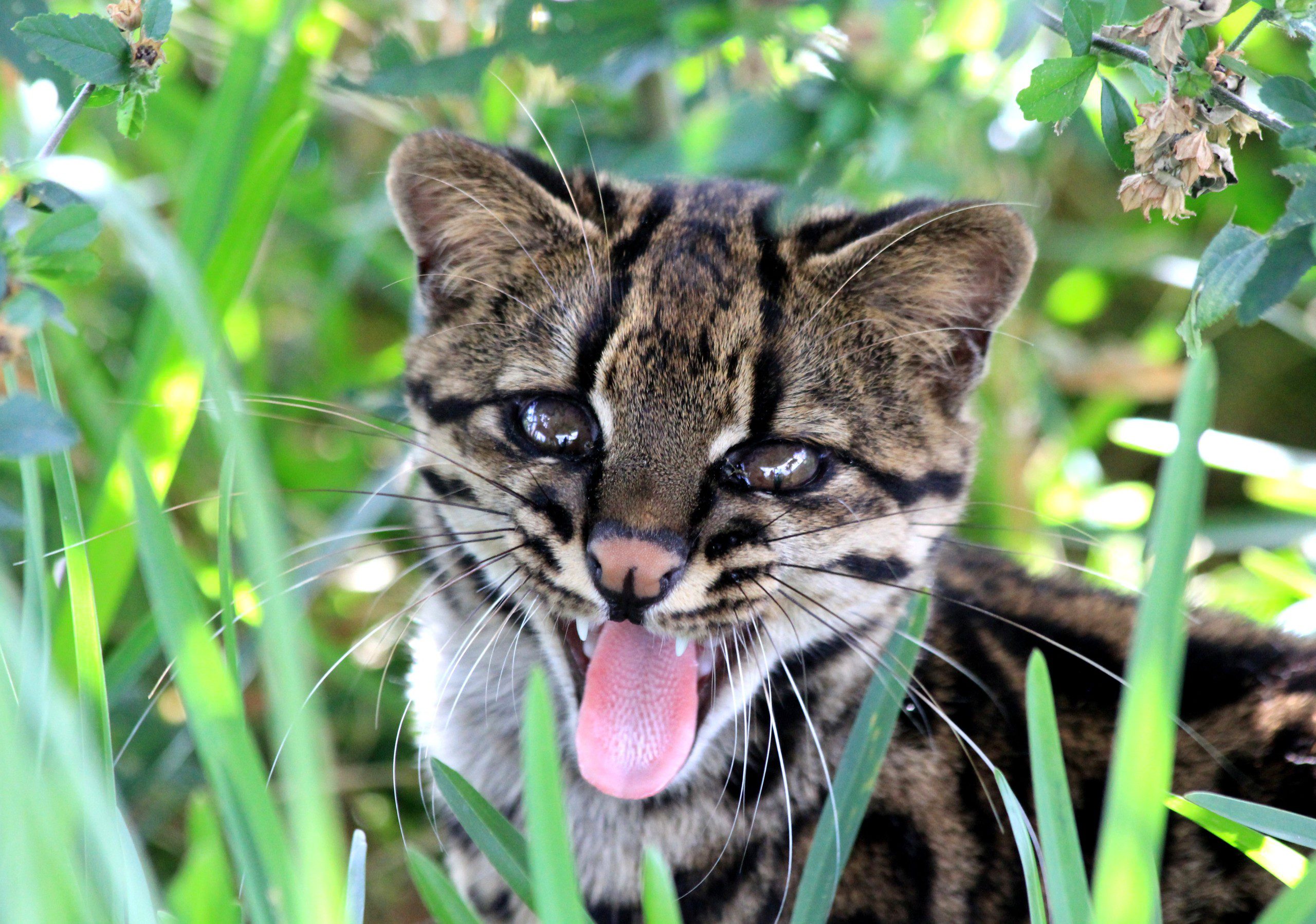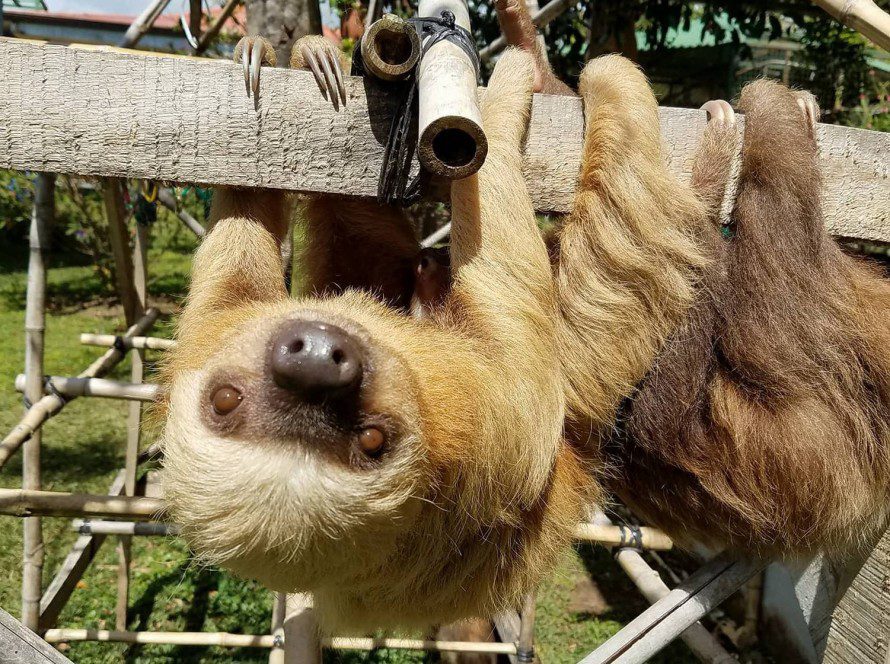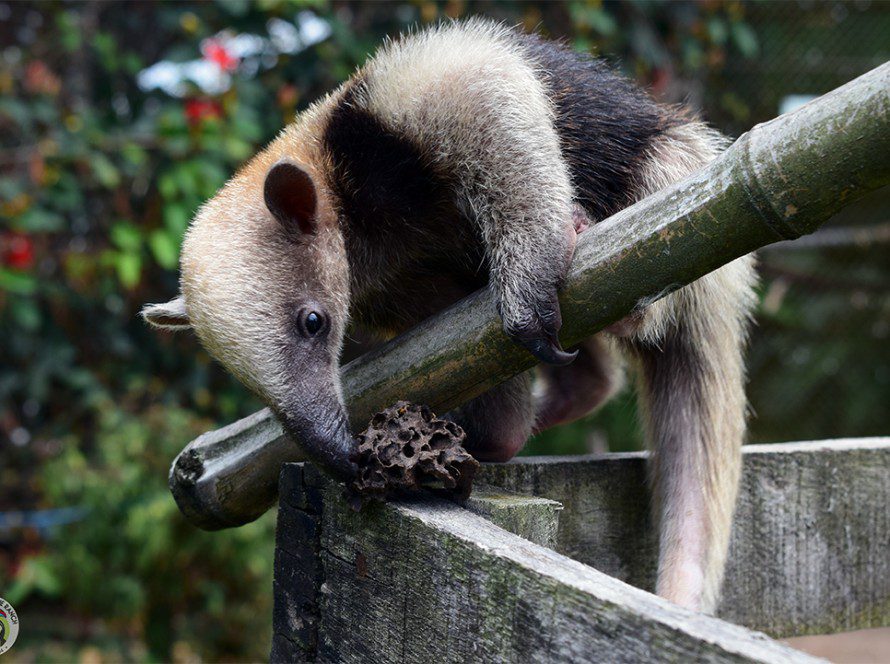The Oncilla (Leopardus tigrinus) sometimes referred to as a tiger cat, is one of the smallest felid species in the Americas. Their coat is typically a light brown colour with dark brown/black splotches as such they are often mistaken for Margays or Ocelot although they are considerably smaller weighing on average 1.5 to 3 kg. Oncillas live nocturnal lives in thick vegetation, making them difficult to find and thus little is known about their lives. They are good climbers however they typically hunt ground-dwelling prey, mostly small rodents but also lizards, birds and invertebrates. Studies have shown that in areas with a higher concentration of larger cats eg. Ocelots and Pumas the Oncillas became more active during the daytime, possibly to minimise competition. Oncillas are considered vulnerable by the IUCN with threats including poaching for its fur and deforestation for coffee plantations, cattle ranching and agriculture. In the wild Oncillas have a lifespan of about 11 years, however they have been know to survive up to 20 years in captivity. Oncillas are rarely found in captivity with only 2 individuals, both male, in captivity Costa Rica. Tabu is thought to have originally been kept as a pet, however he is now able to relax in the sun and practise his stalking skills as a resident at the Toucan Rescue Ranch.
By former intern Katie Grant





5 Comments
Annalise
This was so so helpful thank you! I am doing a school project on oncillas and have had the hardest time finding information. Thank you so much!
TRR
This is great news to hear! Let us know if you need any additional information and we can see if we have the resources! Good luck on your school project! We have a really cool Education Program where we Skype into classrooms. It might interest you, we could potentially do this with Tabu to show an oncilla in real time. Let me know if you are interested by emailing [email protected]
Vielka
Hi! I’m doing an essay about Oncillas. I need to mention a way how we are trying to save them and getting them off the endangered list. Can you fill me in?
Zara Palmer
Hi, great question! We recommend you email our biologist, Javier! His email is [email protected]
Good luck!
Julia Smiejek
Ty